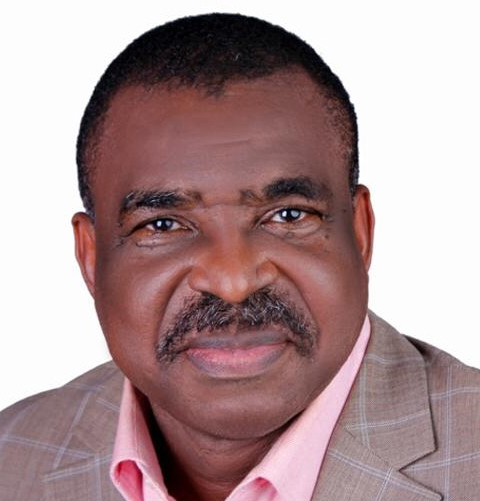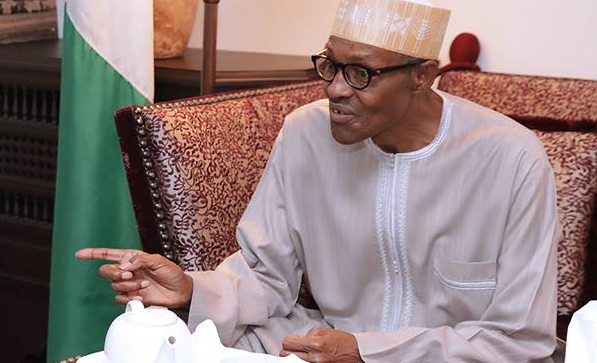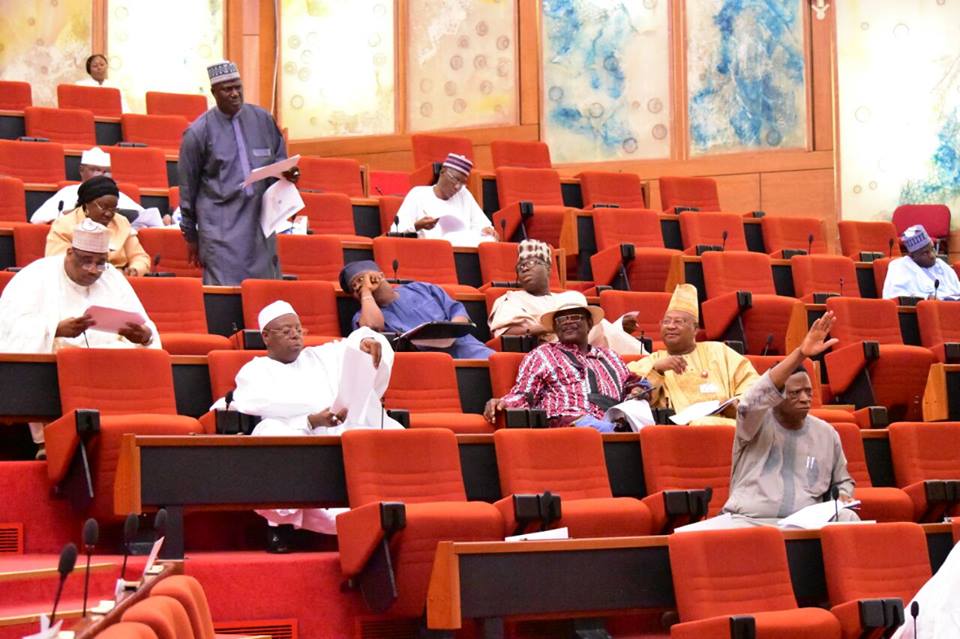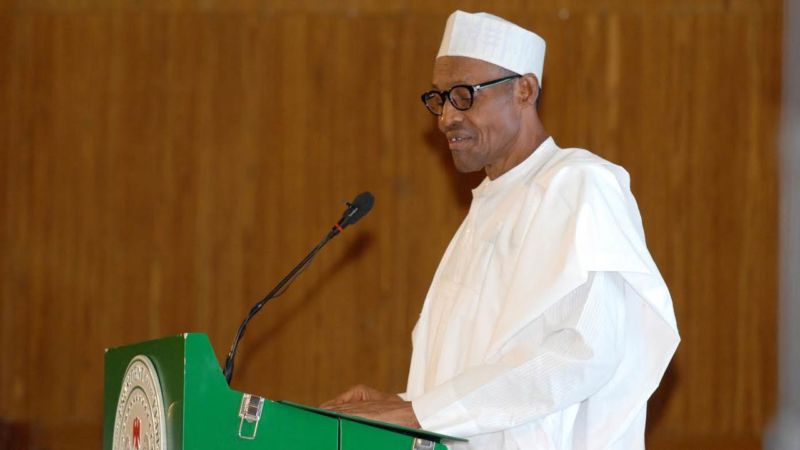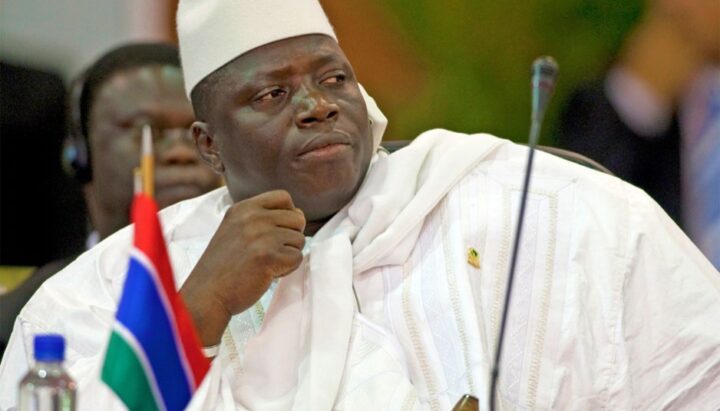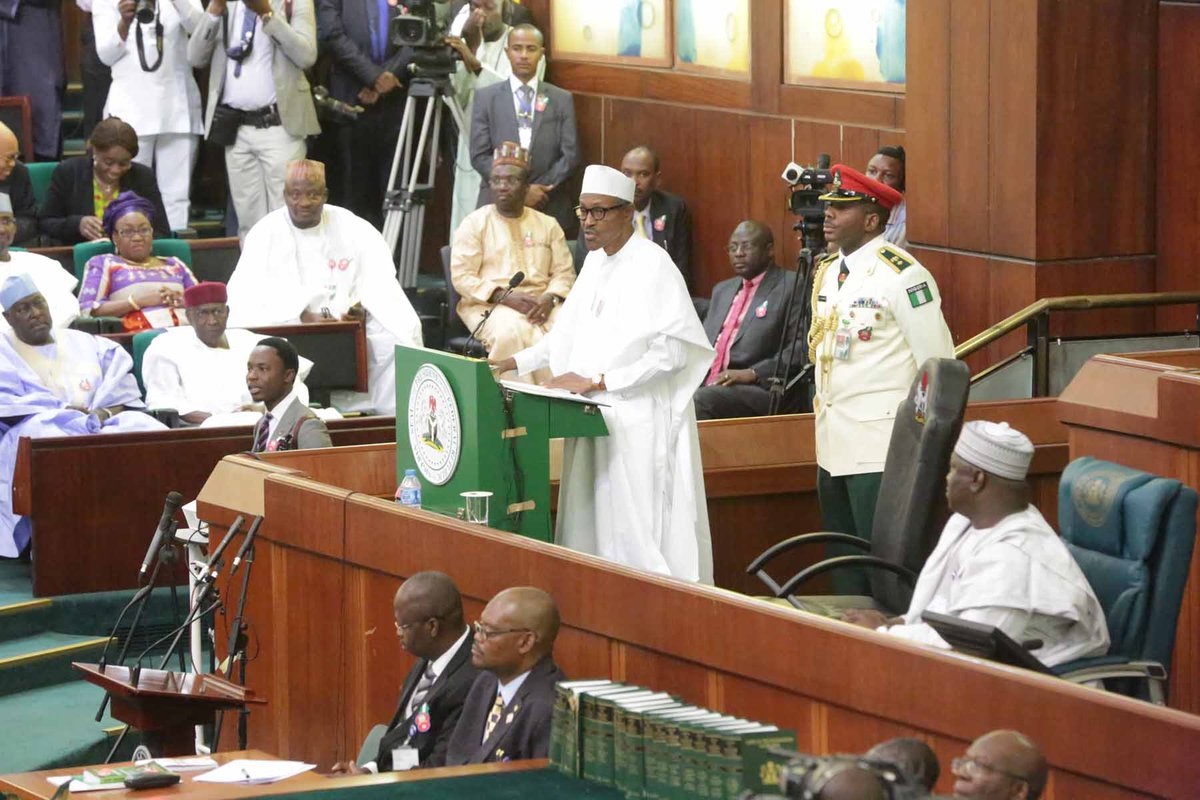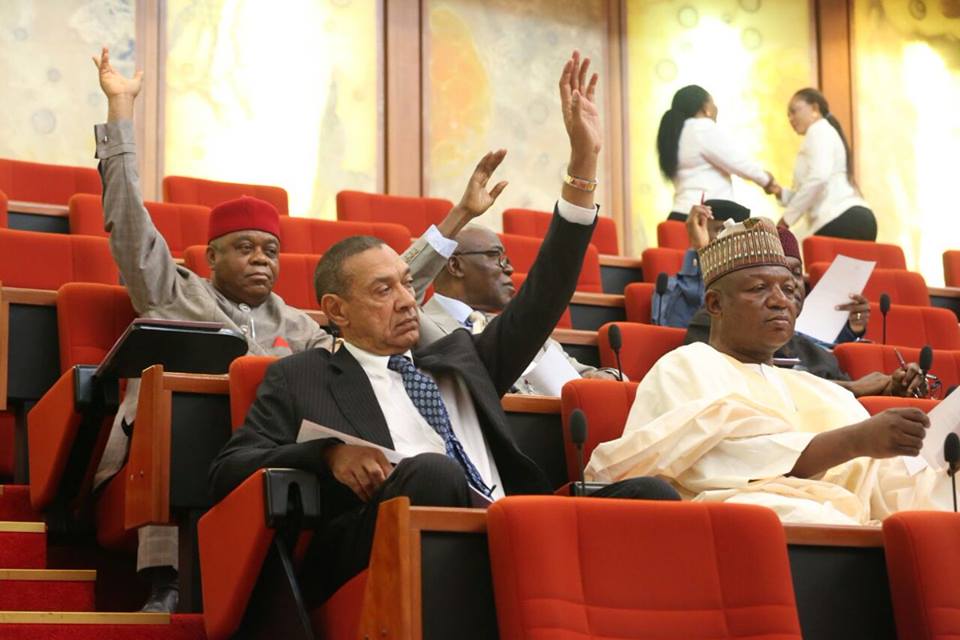Economic policies can stifle growth when they are excessive, inappropriate,introduced late or out of sync with reality. So at what point do wrong or inappropriate economic policies muzzle growth?
A simple answer to the rhetorical question would be that things go awry when policies that are supposed to address challenges that may constrain the economy from growing, like policy reforms aimed at enabling the charting of new development paths, are relegated, while priority are given to policies dwelling on the past, such as devoting too much energy in fighting corruption which amounts to trying to move forward, while looking backwards.
Except on one rare occasion, during a tour of the pentagon, when a naval officer who was conducting us round the edifice that houses the USA Department of Defense, DoD,was moving forward while facing us, l have never seen any sane and rational human being walking backwards over a lengthy distance.
While l was enthralled by the awesomeness of the Pentagon complex which is practically the size of a small town, l was equally amazed that the navy officer who was walking backwards with great agility did not bump into other people who were moving back and forth on the same corridor.
Advertisement
Upon enquiry later,I was informed that it was the tradition and custom for the tour guide at the Pentagon to address guests facing them while walking down the corridors and narrating to them, brief history of the strategic building complex, housing the USA military high command.
To me, the idea of the current Govt in power spending the better part of nearly two years in office dwelling entirely on what the outgone govt did wrongly or did not do at all, re-enacts the flabbergasting experience of watching the naval officer, during the pentagon tour, deliberately walking forward with his back while facing us and at the same time looking backwards to ensure that he does not bump into others.
Although, the naval officer successfully conducted us round the complex because the process has been practiced over time, so he has mastered it,but our leaders don’t have the benefit of having practiced the very odd concept of attempting to move forward while looking backwards, hence the nation’s economy had bumped into all manners of obstacles before it finally ended up in the recession ditch.
Advertisement
Now, l have heard some bureaucrats in Govt argue that Nigeria’s economy is currently in recession because we do not export any other commodity than oil/gas, while we import everything else that we consume including refined petroleum products, and since oil/ gas price has tanked, recession was inevitable.
Such claim is illogical because in 2008 , without having other products except crude oil to export, Nigerian economy bucked the global recession arising from a similar slump in oil/gas price,mainly because the country had robust savings in its foreign reserve and also partly due to the fact that at the time,the economy was under the management of astute technocrats.
So unarguably, it should be stated unequivocally, that the descent of Nigerian economy into recession is a result of policy challenge which has become the regular trade mark of Nigeria and more pronounced during these past 18 months of the current Aso Rock occupants being on the saddle.
The reasons for the above assertion are not farfetched as they are rooted in the policy inertia or paralysis characterized by the following: not setting up a cabinet until nearly six months after ascension to power ; not making a decision on whether to sustain or scrap petroleum products subsidy until one year after; delayed passage of budget due to Executive and Legislative arms of govt wrangling;not deciding to float the naira until about one year on the saddle ; equivocation on retention of amnesty extended to former Niger delta militants by previous regime and introduction capital control measures culminating in the banning of 41 items from sourcing foreign exchange from the Central Bank of Nigeria, CBN window , amongst many other well documented factors which reflect lack of preparedness to mount the saddle by the new Govt.
Advertisement
In comparison to the USA ,Donald Trump, the president-elect provides a lesson to Nigeria about how a new cabinet and Govt can be formed before the president is sworn into office.
Trump has gone as far as proving that he meant what he said during campaign by negotiating the retention of jobs in America after persuading Carrier,an air conditioner manufacturing firm based in Indiana that was on the verge of relocating its plant to Mexico with the attendant consequences of taking very critically needed jobs away from Americans, to remain in the USA.
As obnoxious as president-Elect Donald Trump might have appeared initially, he has already toned down or reversed some of his divisive campaign messages and promises such as the plan to jail his opponent, mrs Hillary Clinton, if he wins the presidency- a proposition which often fired up his supporters who were always chanting ‘ Lock Her UP’.
He has also mellowed down on his promise to wall off Mexicans from the USA after he accused them of being rapists and criminals; and also moderated his anti Muslim stance of screening out of the USA people of Islamic faith,because they are purveyors of terrorism.
Advertisement
How about Obamacare-the welfarist healthcare system that has provided cover for most Americans – which Trump promised to repeal from day one in office? The president-elect has now admitted that he would not be scrapping it,but would remove,amend and add some clauses.
Apparently, Donald Trump knowing more about govt now, which is much beyond what he thought he know from the outside, is smart enough not to want to drive the world into further recession or imperil Americans by being stiff necked.
Advertisement
So in essence, he is backtracking on his tedious campaign barbs and keeping the practical ones such as convincing the management of Carrier air condition manufacturing plant not to relocate from Indiana, USA to Mexico.
What am l trying to say? I’m conveying the fact that utterances and body languages of president-elects or presidents are read and interpreted by trading partners and allies all over the world.
And I delved into the recent developments in the USA to illustrate that pre and post election attitudes can be different.
Advertisement
For a nation like Nigeria which is in a hurry to develop,having a leadership that is belligerent by dwelling constantly on the past can be a huge liability and the current Govt seem to be exhibiting such bellicose tendencies.
One of the commonest counter argument to the indictment of being slow from govt angle is that president Buhari inherited a badly battered economy from president Goodluck Jonathan, hence he had to take an unusually long period to settle down to do the job.
Advertisement
But l would contest that position by pointing out that in 2008, when Barrack Obama, the outgoing US president took over the reins of govt from George W Bush, the economy was worse than it was in Nigeria last year. That’s because the US was fighting two terrorism related wars at the same time, unlike Nigeria that has been fighting Boko haram insurgency.
Rather than engaging in blame game of recounting president Bush’s failures, Obama rolled up his sleeves and introduced policies like economic stimulus package to revive US firms and create jobs which was first introduced by renowned economist John Maynard Keynes, father of supply side economics, as a panacea to the Great Depression of 1933.
Due to lack of economic management dexterity, even digging the economy out of recession has become such an arduous task.
For instance apart from pegging the naira over a long period before floating it last June, govt has now decided to use brute force to maintain the false foreign currency price by arresting bureau de change operators who sell FX above Govt stipulated rate.
Is that not back door way of introducing price control? What such application of brawn instead of brain which is tantamount to command and control economy of the early 1980s does, is further drive the forex market under ground and send wrong signals or shock waves to investors-international and local- that that the nation is relying on for the much sought Foreign Direct Investments, FDI.What happened to the concept of market forces driven economy which Nigeria is supposed to be operating?
It is my believe that the distribution of forex was shifted to bureau de change by the CBN to absolve itself of accusations that banks were being favored in the allocation,particularly because the current governor is from the stock of commercial bankers.
But as it has turned out,operators of bureau de change establishments who function in less structured business environment and without strict prudential guidelines like Deposit Money Banks, DMBs have proven to be worse than bankers in the distribution of forex to end users, hence the crackdown,so the nation is now in quandary as forex dries up.
But the problem is not with the distribution of fx but the supply.
Even with oil price rising to $60 per barrel, without fixing the conflict in the Niger delta, oil output would not improve and would fx supply not increase.
With fears amplified by the unpredictability of govt being nursed by entrepreneurs and citizens alike ,industries are grinding to a halt owing to inability to import raw materials and other inputs.
Airlines too have reduced flights into Nigeria as they now source aviation fuel from our neighbors,Ghana or shut down operations completely due to inability to obtain jet fuel or remit proceeds from sales of tickets back back home. Exacerbating the matter further, the airlines that are still operating into Nigeria, now demand for payment in dollars instead of Naira.
That means that every Nigerian traveling abroad is prospecting for the dollar, not just for spending abroad as Nigerian debit and credit cards are no longer functional, but also to purchase tickets.
All the activities above lead to the increase in dollar value while the value of the Naira keeps falling because, it is believed that airlines box the dollar proceeds from sale of tickets in Nigeria and send the funds to their home countries in crates.
With such illegal activities , perhaps airlines would be the next target of DSS raid after the onslaught on bureau de change.
Was it not ldi Amin Dada, the late dictator in Uganda who once charged at his country’s central bank Gov,saying ” you call Ugandan money, shit money?”
The dictator infamously made the nasty comment in response to the Gov of the bank who refused to print more money and told the implacable president that at that point in time, Ugandan money was like shit money owing to the battered state of the nation’s economy.
God forbids that the NAIRA descends to such embarrassing level of becoming useless money.
Ominously, indications are that exchange rate in the parallel market may hit the $1-N500 Naira mark before Xmas. In elementary school, Economics class, teachers often illustrated hyper inflation with incidents in Germany during the 1930s economic recession whereby people bought a cup of tea , and between the time it took to drink the tea and return for a second cup, the price had gone up dramatically.
Back in the days, when teachers regaled us with such stories,they appeared quaint,but with the galloping rate of inflation in Nigeria today whereby a packet of cereal bought a few days earlier, would cost at least 20% more, a couple of days after in the same shop, those recession days stories don’t sound surreal anymore as the current rate of inflation in excess of 18%,elicit some kind of dejavu.
To demonstrate integrity, and democratization of forex allocation,the CBN recently resorted to publishing the amount of forex sold to the various sectors with the manufacturing sector taking the lion share, while airlines received a modest share of nearly one billion dollars.
In my considered opinion, no matter how well intentioned, the allocation of resources, be it forex or essential commodities,which is reminiscent of command and control, as opposed to market driven economy, will likely not fix the unbridled demand for forex by Nigerians.
Worse of all, it’s a throw back to president Buhari”s first incarnation as military head of state between December 1983-85 when trade by barter,price control and distribution of essential commodities like milk and sugar were the order of the day.
It’s needless for me to reemphasize that investors are like elephants, they have long memory banks, so they remember a lot,hence they are getting more wary and skittish.
What’s the possible panacea to the economic bind in Nigeria reflected in the severe dearth of FX?
In the absence of the return of crude oil price to the $100 per barrel range, which is not in the horizon despite the cut in oil output by OPEC, because at higher price ,shale oil from the USA will become viable again and that might compel Saudi Arabia and other OPEC members to increase supply again and drive price down.
Given the scenario above, a combination of some common sense monetary and fiscal measures might help to rescue the economy.
For starters: what on earth informed CBN’s decision to pursue the policy of baring deposit money banks from accepting forex deposits before it was reversed? Now local and international firms that generate dollars locally have perfected ways of repatriating the funds without banks.The policy of placing 41 items on prohibition list for sourcing of FX has also exacerbated the situation by pilling more pressure on non CBN sources, as importers have started adopting all antics to source FX by hook or crook, and they have found willing partners in bureau de change operators.
Also, how about taking a second look at the policy that mandates the opening of domiciliary accounts by Nigerians to store FX?
Could that policy be driving the demand for forex as more Nigerians now appear to prefer storing their wealth in foreign currencies like dollars and pound sterlings in their domiciliary accounts instead of Naira?
By the same token could the introduction of cashless policy supported by the use of Bank Verification Number, BVN to track account holders which helps financial and security authorities keep track of funds movements within the country be having unintended negative effects? Could that be the reason more Nigerians change Naira into forex and keep same at home due to its portability which means huge sums can be kept out of the prying eyes of authorities like the CBN and security agencies ? It is my understanding that dollars can be stored for over a long period and it would not deteriorate in quality but when Naira is stored, it’s starts emitting foul odor, and that probably accounts for why most Nigerians trying to hide money from the prying eyes of Govt agencies, do so in dollars, and it is a practice that further erodes the value of the Naira.
Does that not also partly explain why most of the stolen funds so far recovered by security agencies from suspected corrupt public officials, businessmen/women, particularly the monies that anti corruption agencies allegedly found in the homes of ex chief of defense, Badeh and Airforce Chief of staff, Amosun and the judges bursted on corruption charges,have been in forex?
Another reason most Nigerians may be storing their wealth in dollars and pounds is because the foreign currencies are slower in depreciation than the naira which has been tumbling since its floatation last June.
Besides reviewing the policy allowing the acceptance of the use of dollar for local transactions confidence boosting talks by authorities to encourage Nigerians to review more confidence in the naira is critical at this point in time. It may be recalled that the CBN had issued a circular on April 17, 2015 prohibiting such practice which seems to have been legitimized by the approval of opening of domiciliary accounts in local Nigerian banks but sadly the ban seems to be ineffective as house rent and airline tickets amongst others are still priced and procured in dollars.
Sadly, instead of constructively trying to restore the confidence of Nigerians in the Naira, our leaders have been blowing hot and cold, as in one breath, they denigrate the nation by labeling citizens as highly corrupt, and in another breath,they wax lyrical about Nigeria being great and with potentials to be even greater.
Recently, the secretary of the ltse Sagay led presidential anti corruption panel, professor Bolaji Owosanoye reeled out a fantastic sum in excess of $2b said to have been stolen in the past seven years by Nigerians.
What value does such statement add to the economy except to create or further reinforcing the impression that Nigerians are fantastically corrupt, a negative impression of Nigeria already formed in the mind of former Uk prime minister, David Cameron ?
The other possible benefit is self serving and gallery seeking antic, because it is a reminder to their employers-the presidency-that they are working?
Before those of us who thought that de-marketing Nigeria by Nigerian leaders who play to the gallery for political reasons had become a thing of the past, mr president re-opened the old wound by telling his ‘august’ visitors,council of south east traditional rulers,visiting him in the villa about a week ago, that the level of corruption he met on assumption of office in May 2015 was unprecedented.
Our dear president repeated the same statement to the new US ambassador to Nigeria,mr William Stuart Symington who was in Aso Rock villa to present his letter of credence.
In another comment to the US envoy, president Buhari restated the fact that Nigeria is committed to fighting corruption, improving security and salvaging the economy, in that order.
If l were mr president,l would reverse the agenda by prioritizing salvaging the economy first, improving security, second and fighting corruption as the third on the development agenda.
It goes without saying that making the war against corruption,the top priority of govt under president Buhari’s watch has been Nigeria’s acheeles heels because probing or auditing the previous govt, which is more or less what fighting corruption is about, focuses more on back issues, and such activities don’t spur the growth needed to move a nation forward which is what Nigeria requires now.
For more clarity, the reason for recommending that president Buhari reviews his priority is that without salvaging the economy first,where would the nation get the resources to improve security which requires costly equipment and tools and how can corruption be effectively combated when it also requires a massive deployment of technology and not sheer force of intimidation and sometimes brutalization which is the current modus operandi?
The mixed messages being sent out, by govt are being read and interpreted by investors with agitated minds and foggy lenses. As a result,most investors are unable to identify any positive road map being articulated by Govt towards pulling the country out of the economic abyss that it is currently stuck.
Consequently, they are adopting wait and see attitude which is partly the reason there is still minimum inflow of forex and FDI,despite all the seemingly appropriate measures being taken.
If president Buhari had given the resuscitation of the economy more priority than fighting corruption , he should have immediately set up a high panel of economic advisory group like the ltse Sagay led anti corruption advisory panel, to guide him through the complex Nigerian economic terrain with a view to rescuing it from collapse.
But the reverse is the case as a tunnel vision of fighting corruption with force instead of relying on system and technology seem to be the malady of this administration. To that extent,it’s easy to see why mr president’s acclaimed zero tolerance for corruption as evidenced by his inflexible and stern stance may be qualified as Excessive Compulsive Disorder, ECD by some psychologists.
Any where in the world, aggressive anti corruption campaigns, though very good for the economy in the long run, on a short term, often have dire consequences or ramifications and Nigerian economy is no exception.
As conceited as some people think that Donald Trump, the president-elect of the USA is,he has just assembled the best entrepreneurs in the US to advise him on how to chart a sound economic road map for the USA with a Nigerian, Adebayo Ogunlesi, Chairman Global lnfrastructure Partners, and a Goldman Sachs alumni, as one of the members of the high power advisory panel.
Perhaps president Muhamadu Buhari is too fixated on his anti corruption war that he has not devoted as much time to finding ways to fixing the economy, which would have improved the standard of living of Nigerians. Being witness’s and victims of the deteriorating economy which is negatively impacting their lives, it’s not surprising that Nigerians are now being resentful of govt. A sign that Nigerians might have become weary of the politics of the poor versus the rich or us versus them class war which is driven by populism and amounts to zero sum politics.
This is well illustrated by the current public outrage against the present leadership in both the social as well as conventional/main stream media.
But curiously, no real negative impact of condemnation of govt in the media is being reflected in real life situations like elections as APC has in the past couple of months won governorship contests in both Edo and Ondo states.
Contrary to public opinion, winning the governorship contests in both states, tend to signify a reasonable measure of approval of the ruling party, APC by the Nigerian electorate, which is strange. In other words, if the victory was without sleight of hands, APC rating in the eyes of Nigerians seems to be positive but are there more to the elections than meets the eyes as opposition parties allege?
In a dictatorship, we all must agree because the rule is by the diktat of a strongman or a cabal, but in a democracy, we don’t all have to agree because it is Govt of the people, by the people and for the people,where majority carries the vote,after the minority has had its say.
Unsurprisingly,the result of the governorship elections in Edo and Ondo states are being disputed by those adjudged to have lost by the lndependent National Electoral Commission, INEC and the nation may be bracing for one party democracy if the elections in Ekiti state and subsequently other governorship elections follow similar patterns.
As one of the cardinal principles of democracy is equity and Justice for all, the aggrieved political contestants have registered their complaints and panels have been set up in both states that recently held elections to adjudicate on the matters raised.
In every functional democracy, an impartial INEC and uncompromising judiciary are seni-qua-non for sociopolitical development of Nigeria.
But with a brow beaten and crest fallen judiciary and INEC tied to the apron strings of the executive arm of Govt, would the outcome of the deliberations from the panels reflect the tyrannical dictum: might is right and the Machiavellian principle: the end justifies the means or would equity and Justice prevail?
At the risk of sounding apocalyptic,the current economic and political stasis in Nigeria may remain with us much longer than anticipated, if our leaders don’t change their tact.
Onyibe, a development strategist and futurologist is a former commissioner in delta state govt and an alumnus of the Fletcher School of Law and Diplomacy,Tufts University, Medford, Massachusetts.USA.
Views expressed by contributors are strictly personal and not of TheCable.
Add a comment
